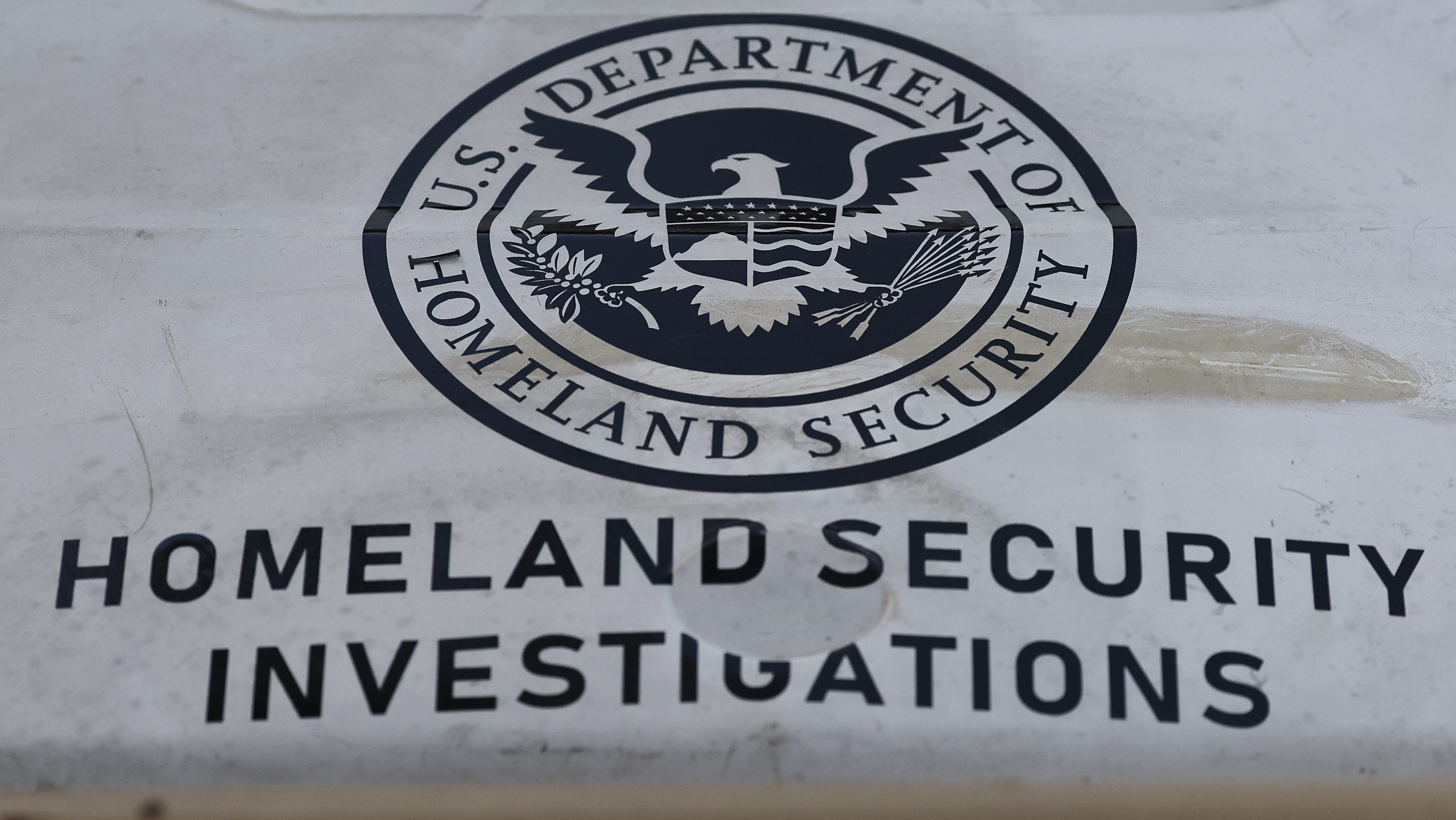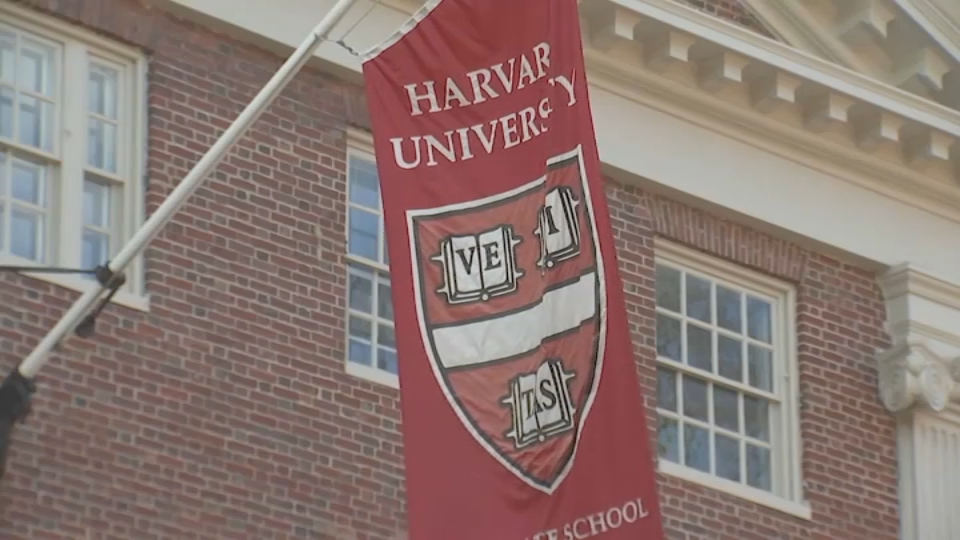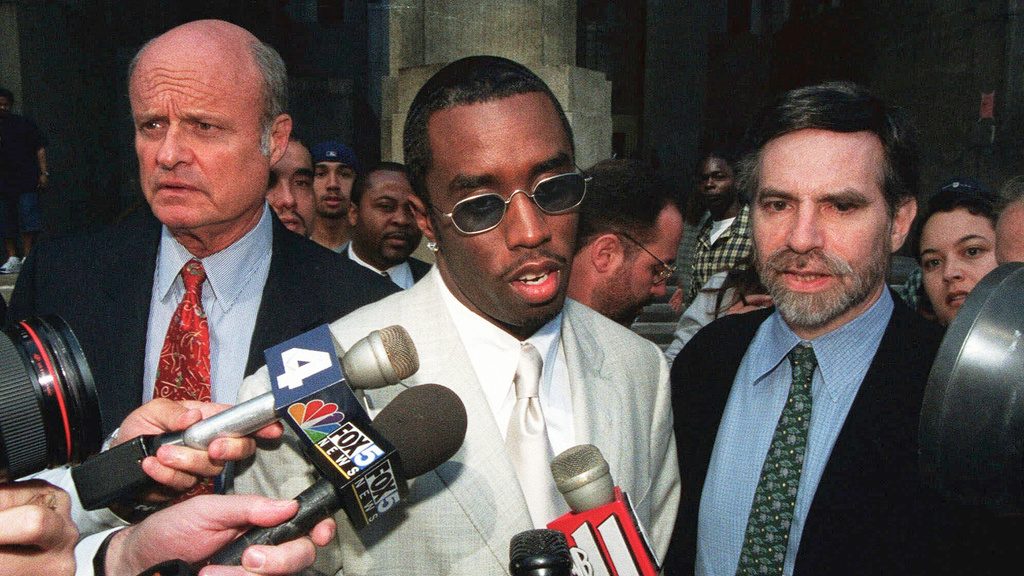Judge Arrested! Evidence Tampering & Gang Ties in New Mexico
Judge in the Dock: Evidence Tampering Scandal Rocks New Mexico
Introduction: A Legal Earthquake in the Land of Enchantment
Imagine, if you will, the hallowed halls of justice, where blind impartiality is supposed to reign supreme. Now picture a former judge, someone sworn to uphold the law, allegedly tampering with evidence in a case linked to a notorious international gang. Sounds like a plot from a legal thriller, right? Well, in New Mexico, this is no fiction. The arrest of former Doña Ana County Magistrate Judge Joel Cano has sent shockwaves through the state's legal community. But what exactly happened, and what does it all mean? Let’s dive in.
The Accusation: Tampering with Evidence and a Tren de Aragua Connection
The Criminal Complaint: Laying Out the Allegations
According to the criminal complaint, Joel Cano, a former judge in Division 6 of Doña Ana County, is accused of destroying evidence in a federal investigation. This investigation centers around a Venezuelan man suspected of being a member of the infamous Tren de Aragua gang. This man was allegedly residing illegally in the United States, specifically in a back house on property owned by Judge Cano and his wife in Las Cruces.
The Tren de Aragua Connection: What We Know
The Tren de Aragua is not your run-of-the-mill street gang. Originating in Venezuela, it’s a highly organized criminal enterprise with tentacles reaching across Latin America and, allegedly, now into the United States. Known for its brutality and sophisticated operations, the gang's presence in the US is a growing concern for law enforcement. The link between this gang and Judge Cano's case adds a layer of complexity and gravity to the charges.
The Arrest: A Federal Operation
Homeland Security Investigations: Taking the Lead
Federal Homeland Security Investigations (HSI) agents executed the arrest on Thursday. HSI’s involvement signals the seriousness of the case and the federal government’s commitment to combating transnational crime. Their expertise in investigating cross-border criminal activity makes them well-suited to handle a case with international implications like this one.
Timing is Everything: Another Judge Arrested
Adding to the intrigue, Cano’s arrest came just a day before the FBI arrested Milwaukee County Circuit Court Judge Hannah Dugan. While seemingly unrelated, these back-to-back arrests of judges raise serious questions about judicial ethics and potential misconduct. Dugan is accused of obstructing federal authorities by helping an undocumented immigrant evade detention.
The Charges: What Could Cano Face?
Obstruction of Justice: A Serious Federal Crime
Tampering with evidence is a serious federal offense that falls under the umbrella of obstruction of justice. The specific charges Cano faces will depend on the details of the alleged offense, but potential penalties could include significant fines and imprisonment. The exact sentence will be determined by a judge after considering factors like the severity of the offense, Cano's prior record, and other mitigating circumstances.
Consequences Beyond the Courtroom: Damage to Reputation
Beyond the legal ramifications, the charges against Cano have already taken a significant toll on his reputation. Being accused of such a serious crime can be devastating, regardless of the eventual outcome of the case. The public trust in the judiciary is fragile, and allegations like these can erode confidence in the entire system.
The Alleged Evidence: What Was Destroyed?
Details Remain Scarce: The Mystery Surrounding the Evidence
As of now, the specific evidence that Cano is accused of destroying has not been publicly released. This lack of information adds to the mystery surrounding the case. What was so crucial that someone would allegedly risk their career and freedom to destroy it? The nature of the evidence could shed light on the scope of the alleged crime and the extent of Cano's involvement.
Possible Scenarios: Speculation vs. Reality
Without knowing the details, it's impossible to say for sure what the destroyed evidence was. However, it could have included documents, electronic devices, or other items that could have linked the Venezuelan man to the Tren de Aragua gang or provided information about his illegal activities. It’s important to remember that these are just speculations, and the truth may be far more complex.
The Las Cruces Connection: Judge Cano's Property
The Back House: A Hub for Illegal Activity?
The fact that the suspected Tren de Aragua member was allegedly residing in a back house on Cano's property raises even more questions. Did Cano know about the man's alleged gang affiliation? Was he aware of any illegal activities taking place on his property? These are the questions that investigators will be trying to answer.
The Wife's Involvement: Could She Be Implicated?
The criminal complaint mentions that the property is owned by Judge Cano and his wife. This raises the possibility that she could also be implicated in the investigation, depending on her knowledge of the situation. Investigators will likely be looking into her role and any potential knowledge she may have had about the alleged illegal activities.
The Dugan Case: A Concerning Trend?
Similarities and Differences: Comparing the Two Cases
While the Cano and Dugan cases appear to be distinct, the fact that two judges were arrested on similar charges within a short period is concerning. Both cases involve allegations of obstructing federal authorities and potentially aiding undocumented immigrants. Whether this is a coincidence or a sign of a broader problem remains to be seen.
Judicial Ethics Under Scrutiny: Restoring Public Trust
These cases have put judicial ethics under intense scrutiny. The public expects judges to uphold the law and act with integrity. When judges are accused of wrongdoing, it can undermine public confidence in the entire legal system. Restoring that trust will require transparency, accountability, and a commitment to ethical conduct.
The Legal Process: What Happens Next?
Initial Appearance: Setting the Stage
Cano will likely have an initial appearance in federal court, where he will be formally charged and advised of his rights. He will also have the opportunity to enter a plea. The judge will then determine whether he should be released on bail or remain in custody pending trial.
Trial or Plea Bargain: The Path to Resolution
The case could proceed to trial, where the government would have to prove beyond a reasonable doubt that Cano committed the alleged crimes. Alternatively, Cano could enter into a plea bargain with the prosecution, where he would plead guilty to a lesser charge in exchange for a reduced sentence. The decision of whether to go to trial or negotiate a plea bargain will likely depend on the strength of the evidence against him.
The Implications: What Does This Mean for New Mexico?
Erosion of Public Trust: A Blow to the Judiciary
The allegations against Cano have undoubtedly damaged public trust in the New Mexico judiciary. When a judge is accused of tampering with evidence, it can make people question the fairness and integrity of the entire legal system. Rebuilding that trust will take time and effort.
Focus on Ethics Reform: Strengthening Accountability
This case could lead to increased scrutiny of judicial ethics and a push for reforms to strengthen accountability. Measures could include enhanced training for judges, stricter oversight of their conduct, and more robust procedures for investigating allegations of misconduct. The goal is to prevent similar incidents from happening in the future.
Conclusion: Justice Must Prevail
The case against former Judge Joel Cano is a serious one, with potentially far-reaching implications. The allegations of evidence tampering and the connection to the Tren de Aragua gang raise troubling questions about judicial ethics and the integrity of the legal system. While Cano is entitled to the presumption of innocence, the charges against him must be thoroughly investigated, and justice must prevail. The situation underscores the importance of holding those in positions of power accountable, even – and especially – when they are members of the judiciary. This case serves as a stark reminder that no one is above the law.
Frequently Asked Questions
- What is the Tren de Aragua? The Tren de Aragua is a powerful Venezuelan criminal organization known for violence and transnational crime. It has expanded its operations throughout Latin America and is allegedly now present in the United States.
- What does it mean to "tamper with evidence"? Tampering with evidence means intentionally altering, destroying, or concealing evidence with the intent to obstruct a legal proceeding. It's a serious crime with significant consequences.
- What is Homeland Security Investigations (HSI)? HSI is a federal law enforcement agency that investigates a wide range of crimes, including transnational crime, human trafficking, and drug smuggling. They often work in conjunction with other federal agencies like the FBI.
- What are the possible penalties for tampering with evidence? The penalties for tampering with evidence vary depending on the jurisdiction and the severity of the offense. They can include fines, imprisonment, and other sanctions.
- How does this case affect public trust in the judiciary? Cases like this can erode public trust in the judiciary because they raise questions about the integrity and impartiality of judges. It's important for the legal system to address these concerns and take steps to restore public confidence.


